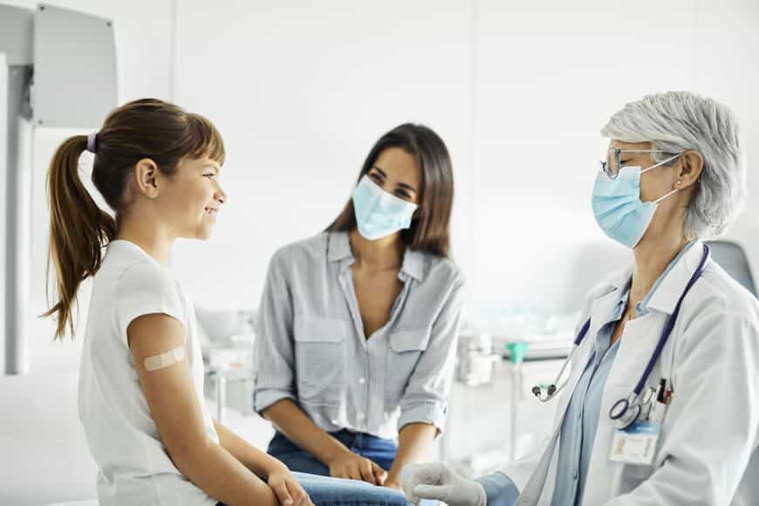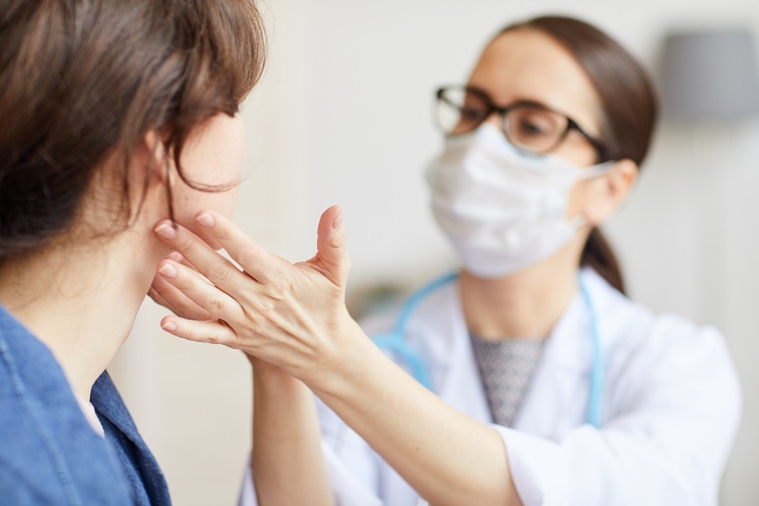HPV vaccines: A cancer prevention tool
Nov 17, 2022

Human papillomavirus (HPV) is a group of more than 200 viruses, most of which don’t cause cancer. But there are 14 high-risk strains of HPV that can cause several types of cancer, including cervical, anal, penile, vaginal, oropharyngeal and vulvar cancer. Almost all cases of cervical cancer are caused by HPV, and nearly 90% of anal cancers are caused by the infection.
Although cervical and anal cancers primarily affect women, it’s a misconception that HPV only affects women. HPV infection is responsible for more than half of all cases of penile cancer. Overall, about 1 in 50 cancer diagnoses in men is related to HPV.
HPV vaccination is cancer prevention
The good news: the HPV vaccine protects against all 14 cancer-causing strains in both men and women. The vaccine is most effective when people get it before they’re ever exposed to the virus. That’s why experts recommend that both males and females ages 9 to 26 receive the vaccine. Before age 15, the HPV vaccine is a two-dose series. For those ages 15 and up, it’s a three-dose series.
Adults up to age 45 can still get vaccinated for HPV, although it isn’t routinely recommended. But it may provide protection against strains of HPV that you haven’t yet been exposed to. If you’re concerned about your HPV risk, talk with your healthcare provider about the possibility of vaccination.
How HPV is contracted
HPV is the most common sexually transmitted infection (STI), affecting around 8 in 10 sexually active people. Yet, in the last few years, data has shown that only about half of all adolescents receive the HPV vaccine.
The HPV vaccine is more than just STI prevention — it’s cancer prevention. Each year, an estimated 36,000 cases of HPV-related cancer are diagnosed in the United States. And the research shows that getting the HPV vaccine as recommended can prevent up to 90% of HPV-related cancers.
Lowering your cancer risk
HPV vaccination is one of the best, most effective tools we have to lower your risk of certain types of cancer. While pap smears and HPV testing are effective tools to screen for cervical cancers, there are no tests approved by the Food and Drug Administration that screen for HPV infections or cell changes in anal, penile, vaginal, oropharyngeal or vulvar cancers. This lack of routine screening underscores the importance of getting immunized for HPV.
In addition to getting the HPV vaccine, you can lower your risk of HPV infection and HPV-related cancer by:
- Eating a balanced diet high in fruits and vegetables
- Exercising regularly
- Limiting your number of sexual partners
- Sleeping at least seven hours nightly
- Using condoms every time you have sex
To learn more about HPV vaccination and cancer prevention, find an Adventist Health provider near you.


